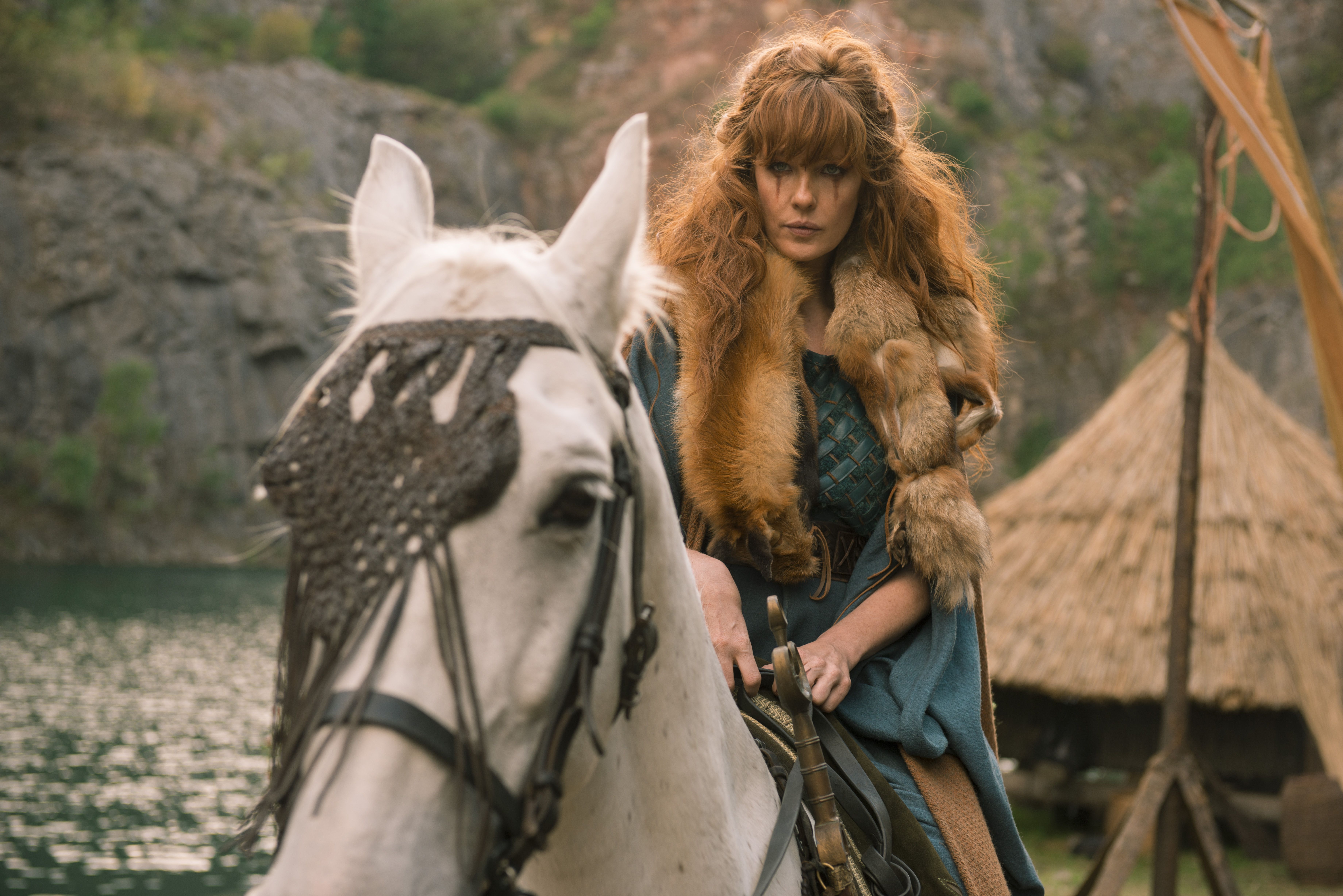Britannia – a history of folk horror
Folk horror is a very particular but increasingly popular subgenre of film and television. Britannia, which aired its first episode on January 18, falls into this categorisation. The show chronicles the alliance between Celtic leaders in the face of the Roman conquest in 43AD. It plays into the mythology and mysticism surrounding early Britain by including warrior women and druids with supernatural powers.
So what exactly is this genre and why are we so interested in combining folklore and horror to mythologize our past?
One of the most famous folk horror films is The Wicker Man (1973), inspired by the novel Ritual by David Pinner, which is one of three films often referred to as The Unholy Trilogy – this trilogy is considered the central trinity of the genre. The Wicker Man follows the story of Sergeant Howie, who is investigating the case of a missing child on the small Scottish island of Summerisle. While on the island, Sergeant Howie witnesses numerous pagan rituals honouring Celtic gods including May Day celebrations.
The story of the missing girl is caught up in the uncovering of the pagan practices of the island. The islanders deny her existence to thwart the investigation, yet as it continues he discovers that the island began practising paganism in connection to growing new harvests. It then becomes clear that, due to a poor harvest, the islanders plan to make a human sacrifice to guarantee a better harvest. In attempts to free the (in fact alive) missing child, it is revealed that Howie is the intended sacrifice. He is then burnt alive in a wicker construction of a man. This final image is accompanied by the villagers singing in Middle English, contrasted to Howie’s recital of Psalm 23 and his prayers to Jesus.
What is it about paganism that we find so horrifying? In The Wicker Man, paganism is deliberately contrasted against Sergeant Howie’s Christian conservatism. This contrast makes the pagan worship more shocking, because his Christian value system sets up the moral framework of the viewer, as the audience is seeing the events on the island unfold as he is.
Additionally, there are the mystical and historical associations of the countryside. The countryside offers a rugged and natural setting, in which communities are isolated from more populated areas. The countryside is also arguably a deeply subversive space. Isolated from central control and government, the countryside has a history of rebellion and bloodshed in the UK, as well as an idyllic attraction. This duality makes the countryside setting both exciting and dangerous. It is also interesting to think about the countryside as a forgotten space, which has allowed for the continuation of ancient belief and practise. Thus, a common trope of this genre is the outsider entering the unknown space, which (as we have seen) usually ends in murder or sacrifice. Michael Newton points out in the Guardian that much of the sinister nature of the genre comes from its roots in the countryside. In a ‘discontinuous’ modern world, this intense belonging of community and space can seem alien and scary to us. (Thus, another deeply disturbing part of folk horror is the individual (the stranger) versus the crowd, the absence of organised authority, and the uncontrollable power of group mentality.)
These things threaten our established understanding of authority in a patriarchal, morally Christian society
Perhaps we can argue that folk horror can be quite a conservative genre, which breeds fear around structures and communities that are outside of the established norm. Perhaps we find the practices of a pagan world so fearful because they are antithetical to our established Christian society. What’s more, pagan and pre-Christian societies are often associated with magic, witchcraft, the devil, and most interestingly, powerful women. All of these things threaten our established understanding of authority in a patriarchal, morally Christian society.
More recent television depicting pre-Christian societies, like Vikings, celebrates strong women and draws similarities between Christian and pagan values rather than setting up an us-them dichotomy. It will be interesting to see how Britannia deals with its setting, its treatment of women, and how it remains the same or differs from traditional tropes of the genre.

Comments